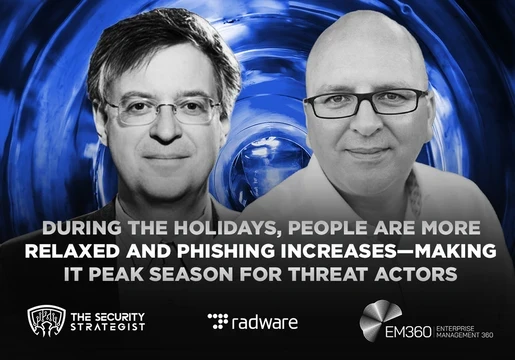With millions of people now connecting through online platforms, it’s become easier than ever for scammers to target vulnerable individuals.
The ease of online anonymity makes it hard for those looking for love to tell the difference between a genuine connection and a sophisticated cyber scam.
In this article, we explain what a romance scam is, how they work and how you can spot the red flags to prevent being a victim.

What is a romance scam?
A romance scam is a type of cybercrime where the scammer builds a fake romantic relationship with a victim online.
Typically targets are acquired through social media or dating apps. The scammer's goal is to gain the victim's trust and to then ask for money, digital currency or personal information. They may have already acquired information about the victim from previous phishing, vishing or smishing scams, identifying them as an easy target and building a profile most likely to attract them.
A romance scam starts with the scammer creating a fake profile. This profile is typically defined to appeal to a specific demographic or even a specific person. The scammers will often use stolen photos, a fake backstory and a charming personality in order to lure in victims.
Once the scammer has initiated first contact they will work to build an emotional connection with their victim. This can involve sharing fake personal stories, expressing deep feelings, and mirroring the victim's interests and values.

Once the victim is emotionally invested, the scammer will start asking for money. The ask is usually accompanied with a false, time sensitive story such as a medical emergency, travel expenses, or financial difficulties.
After the first payment, the scammer may continue to ask for more money. They may claim that the initial amount was not enough to solve the problem or that there is a new issue.
They may also leverage personal information revealed through emotional conversations to carry out identity fraud, or threaten the victim if they do not comply with their initial ask for money.
How to spot romance scams?
Romance scams can be difficult to detect, as scammers often employ sophisticated social engineering tactics to gain victims' trust. However, by being aware of common red flags, you can significantly reduce your risk of being impacted.
Romance scams usually progress very quickly, starting with excessive flattery and compliments. They will typically pressure you to commit to a serious relationship or become exclusive early on.
However, despite progressing the relationship quickly they will make excuses to avoid meeting up in person and will often rely exclusively on talking online.
The scammer may give vague or contradictory information about themselves, their job, or their personal life whilst using stolen profile photos to create a fake identity.
They are likely to discourage you from talking to your friends or family about them by claiming they are jealous or possessive. This makes it harder for the victim to seek advice or support.
After laying the groundwork of the relationship, the scammer will escalate to asking for money under false pretenses. This could be a medical emergency, travel to see you or related to their businesses. They will often put pressure on the victim to send money urgently to they don’t have time to think it through or consult advice.
How to protect yourself from romance scams?
Romance scams can have a significant emotional and financial toll. By being aware of the red flags and taking precautions, you can protect yourself from becoming a target and minimize the potential harm
Be especially cautious of any relationships started online, be aware of excessive flattery and quickly escalating intimacy. Verify their identity using social media sources and by meeting up in person. Ensure you do so in a safe public environment and let your friends and family know where you’ll be. Remember that with the evolution of deepfake technology a simple voice or even Facetime video call cannot be completely trusted.
Avoid sharing any personal information including your address, phone number, or financial details, with someone you've only met online. It is especially important to never send money to someone you’ve only met online, even if they say it's an emergency. Scammers will often pressure victims to make decisions quickly. Take your time and don't feel obligated to respond immediately or at all.
Most popular dating and social media apps have reporting features that allow users to flag accounts suspected of scamming. These features can help protect other users from falling victim to scams and allows the platform to ban these dangerous accounts.







Comments ( 0 )